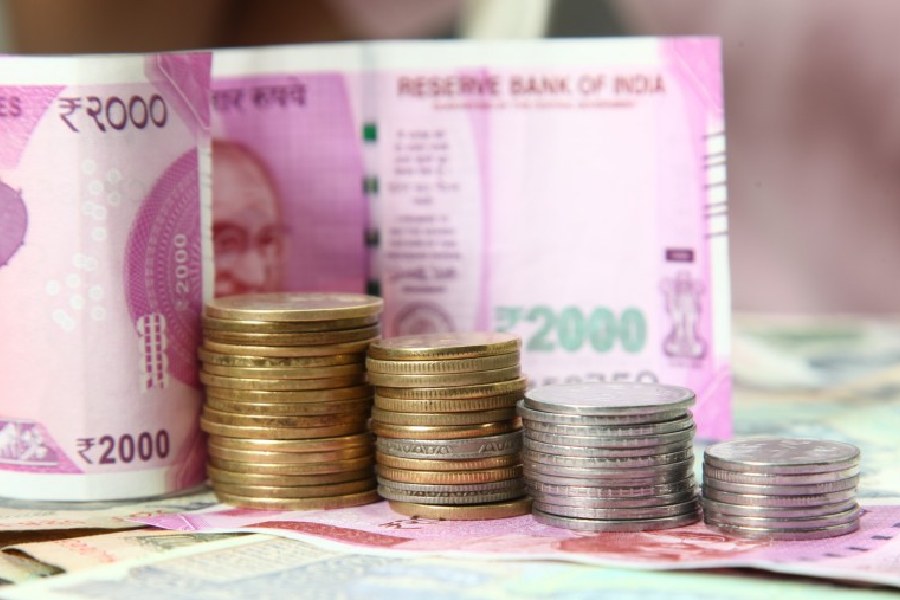The people, not guns and goons, have triumphed in the Battle of the Begums. In an unprecedented 80 per cent turnout, Bangladesh has voted in Sheikh Hasina Wajed’s Awami League and its “Mahajot” (Grand Coalition), giving them a decisive majority in the national assembly, the biggest since 1973. By all means, this has been an exceptional general election. Not only did it break the two-year stalemate of the army-backed interim government, but it also proved to be the most inclusive poll in the history of Bangladesh. Apart from the fact of first-time voters constituting a third of the electorate, this was also the first time eunuchs, gypsies and prisoners were allowed a part in the democratic process. The result is for all to marvel at: an unequivocal mandate for progress, embodied in Ms Wajed’s forward-looking campaign, as opposed to the regressive propaganda of religious fundamentalism by her rivals, Begum Khaleda Zia’s Bangladesh Nationalist Party and its ally, Jamaat-e-Islami. In a country running on foreign aid (45 per cent Bangladeshis live below poverty line), and where illiteracy is widespread, Ms Wajed’s specific economic goals and a vision of a “Digital Bangladesh” naturally made better sense to the people. There was also the added nostalgia of her party, with its link with Sheikh Mujibur Rahman, being the main force behind the independence of Bangladesh in 1971.
Now that Ms Wajed has been welcomed back, it is important for the Awami League to remember its exalted inheritance and do justice to the public goodwill that has been bestowed on it so unconditionally. Year after year, Bangladesh appears high on the list of the most corrupt countries of the world prepared by Transparency International. Although not half as dramatically, the BNP, too, had won two-thirds majority in 2001, but had gone on to form one of the worst governments in the history of Bangladesh. In the last two years, when the caretaker government ruled, hundreds of political leaders, including Ms Wajed and Ms Zia, have been imprisoned and tried on graft charges. Many believe that politics in Bangladesh can only reform if both the begums step down from power. The military government wanted to keep them in exile, but its ‘minus two’ formula, although tried and tested relentlessly, has clearly not worked — proving the enduring popularity of both leaders.
In order to translate the dreams of her nation into reality, Ms Wajed must have a strong foreign policy. The name of Harkat-ul-Jehadi-Islami, operating along the porous Indo-Bangladesh border, has cropped up almost every time a terror attack took place in India last year. The Huji’s role has been amply evident in the Assam blasts. Although the Awami League has expressed every intention to rope in its opposition, BNP, in policy-making, Ms Wajed must never compromise on her resolve to fight Islamic radicalism. Only then will modernity arrive in Bangladesh and seal its place in the league of developing nations.










